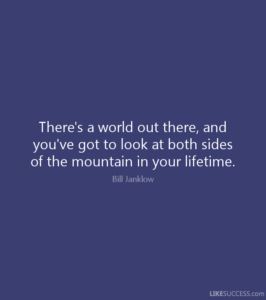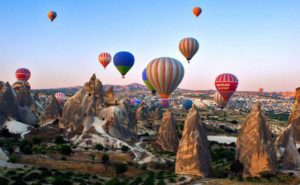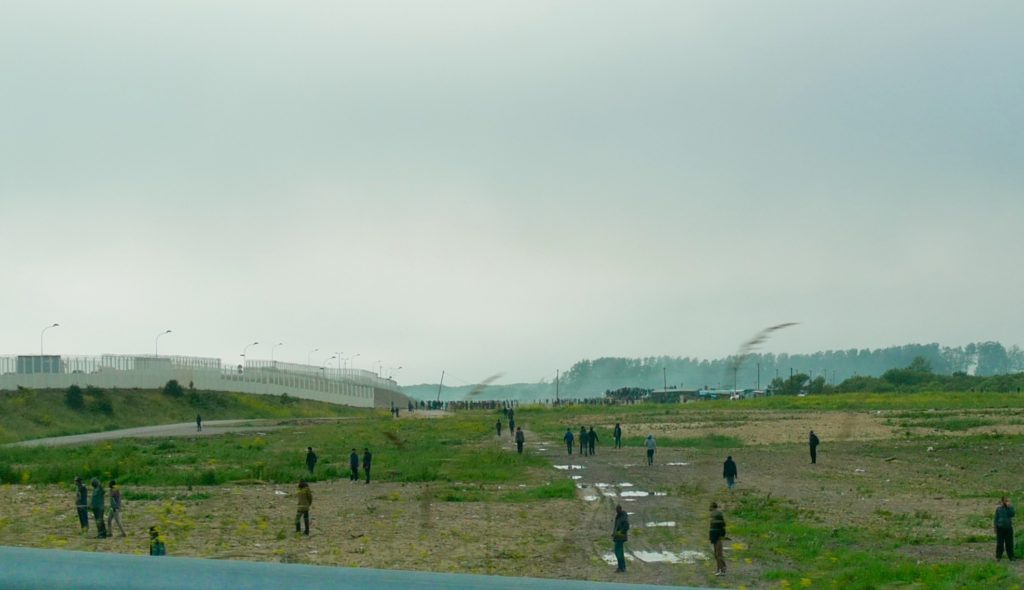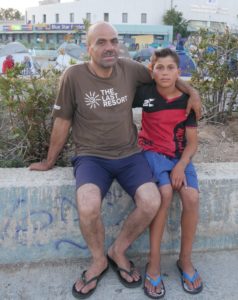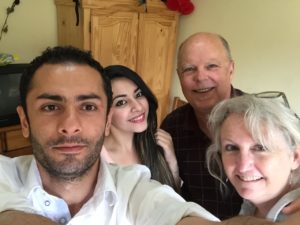A couple of weeks ago I was interviewing a dear Indian-American couple named Pravin and Fiona. They have been living in the US for a number of years, have two sons born here, and are themselves on the path toward US citizenship. (You can find that interview here.) One simple thing that struck me is something Fiona said in response to my question of what took her some getting used to about life in these United States. She said something to the effect of "Sometimes Americans don't seem to know that there's a whole world out there."
Ouch.
I suppose on one hand our navel-gazing is understandable -- there is so much going on in this country, not to mention in our daily existence, that many might say they just don't have time to learn about the world out there. And I get it. Plus, our country is so vast, with so many beautiful places to see, one could spend a lifetime just traveling within the United States.
Here's what I suggest: if you like a one-dimensional life, one single perspective on things, a single way of doing things, of viewing the world, and already completely understand why people are the way they are...
...well, then, you're probably not reading this blog! Because this is the place where we have turned up our curiosity, where we believe the world has more to teach us than we can contain, and where we KNOW we are richer for every single thing we learn and experience from the OTHER -- whoever and wherever he or she may be.
Did you catch my interview with Navajo Nation member Dale Tsosie (pron. 'sosie') last week? He had some powerful things to say about his identity as a Native American, and how reading the Bible is what gave him permission to fully embrace his Navajo identity.
In this week's podcast I have the pleasure of introducing you to a wonderful lady named Sarah Lanier, whose book, Foreign to Familiar, is a fascinating and readable look into how different people behave based on the climate of the culture they live in -- hot or cold. You won't want to miss this!

